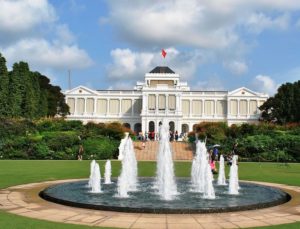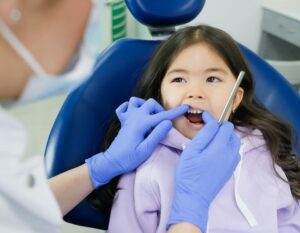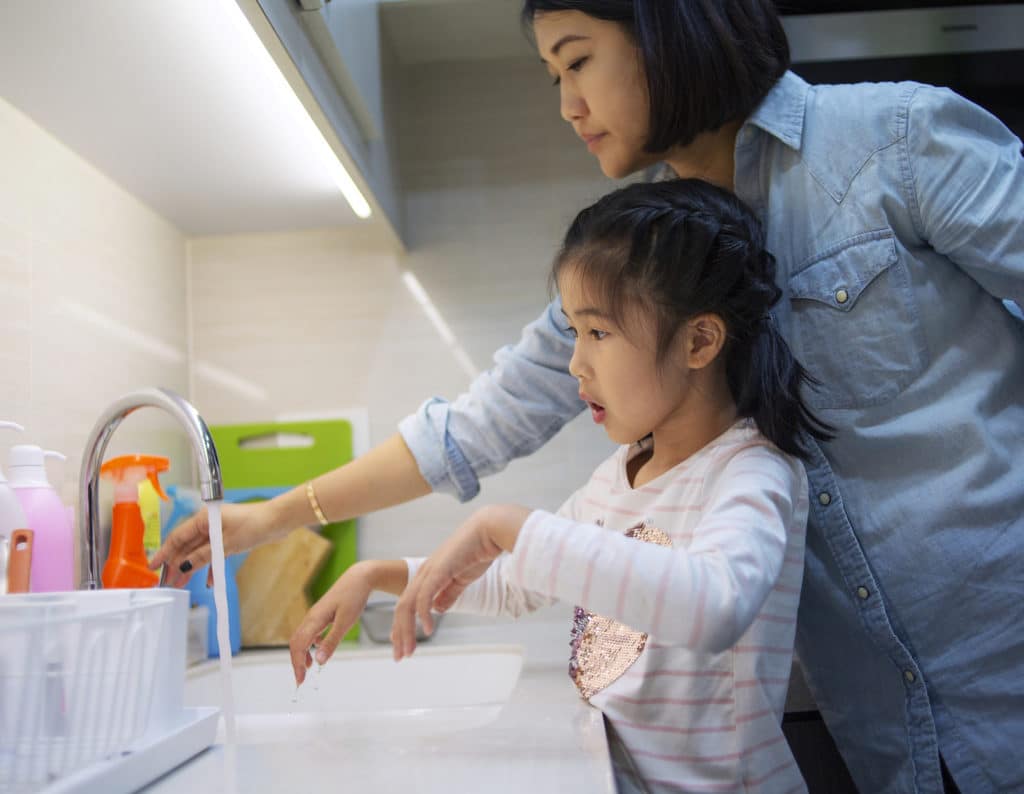
Worried about the COVID-19 coronavirus? Here’s what you and your kids need to know to stay safe in Singapore, from surgical masks to symptoms
The COVID-19 Coronavirus (formerly referred to as the Wuhan Virus 2019-nCoV) is a new strain of the large family of coronavirus. The COVID-19 Coronavirus originated in the Chinese city of Wuhan in December 2019 at the seafood wet market in Wuhan, which trades live animals. It is thought that the virus was contracted from meat or various animals sold in Huanan Wholesale Seafood Market. The market has since been closed for cleaning and disinfection. There are now 7 types of coronavirus that can infect humans. Severe Acute Respiratory Syndrome (SARS) was also caused by a coronavirus and killed close to 800 of the 8,098 people infected in an outbreak that started in China in 2002. The Wuhan Virus has been previously unseen in humans before, but it has been confirmed that it can pass from human to human.
The World Health Organisation (WHO) declared on Thursday (Jan 30) that the coronavirus epidemic in China now constitutes a public health emergency of international concern.
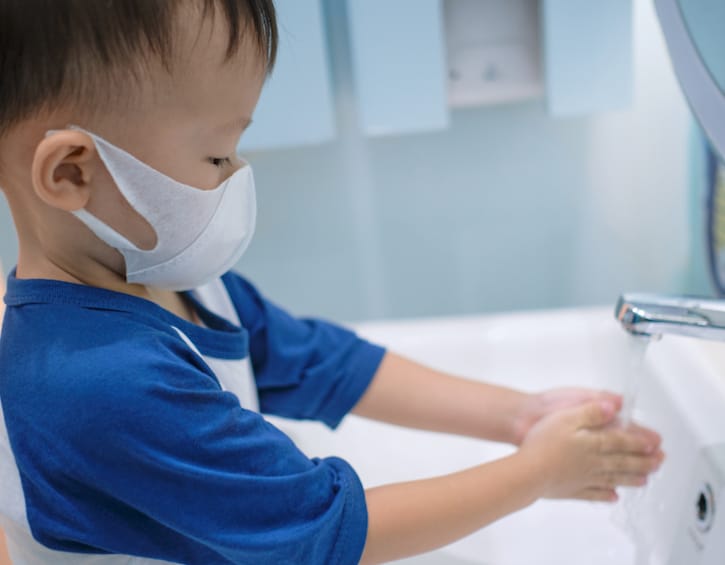
What’s the latest in infected cases worldwide?
China reported that at least 490 people have died and 24,324 were confirmed to be infected (as of 5 February 2020). Singapore has confirmed 24 cases of infection as of 4 February 2020. The latest figures for infected cases worldwide changes daily. Best to keep an eye on news agencies like The Straits Times for the latest.
What are the signs of infection of the COVID-19 Coronavirus?
– Fever
– Shortness of breath
– Cough
– Breathing difficulties
– Gastrointestinal symptoms
– Diarrhea
Milder cases of the COVID-19 coronavirus may resemble the flu or a bad cold, making it difficult to detect. The incubation period of the COVID-19 coronavirus is believed to be about 14 days.
Is the COVID-19 coronavirus deadly? Are kids more at risk?
As this COVID-19 coronavirus is a novel coronavirus, little is known about who is most at risk. Many of the hundreds who have so far died as a result of the virus have been elderly and/or had pre-existing conditions. According to new study published by The New England Journal of Medicine:
- Of the 425, 55% diagnosed before 1 January were linked to the seafood and animal market believed to be at the centre of the outbreak, compared with 8.6% of the subsequent cases
- The average age was 59 years and 56% were men
- Almost half the 425 cases were adults 60 years of age or older
- Human-to-human transmission among close contacts has occurred since the middle of December
- In its early stages, the epidemic doubled in size every seven days
- 89% of the patients were not hospitalised until at least day five of illness
What precautions is Singapore taking against the novel coronavirus?
On 31 January, the government announced that all travelers arriving from mainland China who had been there in the past 14 days will be barred from entry or transit to Singapore. In fact anyone with a Chinese passport – other than PRs or long-term visit pass holders – will be barred entry. Meanwhile Singaporeans, permanent residents and long-term pass holders who are returning from China will be placed on a 14-day leave of absence. The measure will go into effect at 11:59pm on Saturday 1 February.
Schools have been told to advise students who have travelled to mainland China, or had visiting family from mainland China after Lunar New Year, not to return to school until 14 days after visits, and only if they are symptom free of the coronavirus.
Temperature screening is ongoing at airports Singapore border controls have been enhanced, including at land and sea checkpoints.
The government has also announced that every household in Singapore will be issued four surgical masks to be used when you are sick. The masks are free, and can be picked up from local community centres or residents’ committee centres from 1-9 February 2020. Be sure to bring your NRIC/FIN to receive your masks. Visit maskgowhere.sg to find out where and when your family can collect their masks.
The government has a whats app group to disperse Wuhan Info. Sign up with Gov.sg WhatsApp for latest on the Wuhan virus and other government information. Sign-up link: https://go.gov.sg/whatsapp.
Is there any treatment for the COVID-19 coronavirus?
At the moment, there is no vaccine or antiviral drugs available that can protect people against this type of virus however in the majority of cases symptoms can be managed.
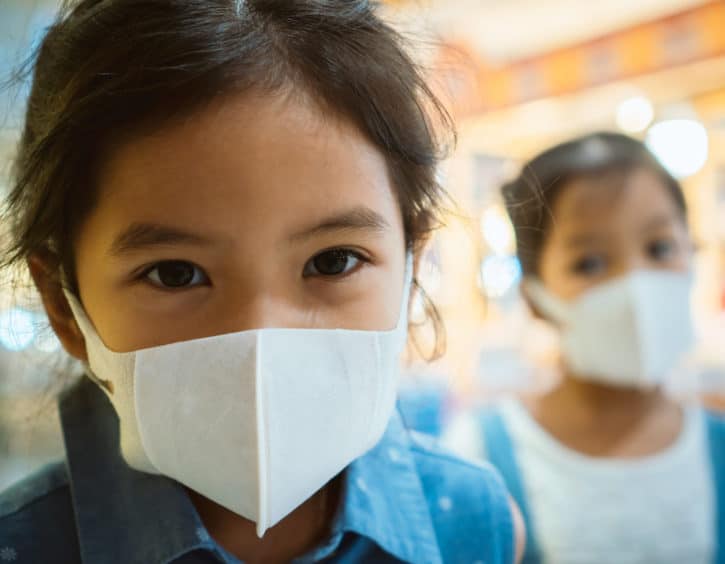
How can you guard against contracting COVID-19 coronavirus?
The World Health Organization has advised people to:
– Be extra vigilant with personal hygiene (frequent handwashing with soap, cover nose with tissue when sneezing and dispose properly)
– Avoid contact with live animals at wet markets, including poultry and birds, and consumption of raw and undercooked meats
– Avoid close contact with people who have flu-like symptoms
– Wear a surgical mask if you have respiratory symptoms such as a cough or runny nose; according to the MOH, “Masks are generally not needed for people who are well.” In fact it is advised by MOH to NOT wear N95 masks (the type that are most effective against the haze), for while they will protect against virus IF worn correctly, it is thought that due to the discomfort of wearing an N95 there is a much higher chance of touching one’s face to readjust or itch and this will increase exposure to the virus if it is present on your hands. Most stores in Singapore have now, however, sold out of surgical masks (and antibacterial wipes and gels). On 30 January the government announced that every household in Singapore would be issued four surgical masks free of charge; this is purely precautionary (as the government continues to stress that only those who are unwell should wear masks). Click here for details on how to obtain masks, which will be distributed between 1-9 February at community centres and residents’ committee centres across Singapore.
– It’s worth repeating: Wash your hands! As much as you can (for 20 seconds with soap), and when you turn the tap off try use a tissue paper so you don’t touch the tap again.
– Try not touch your face when you are out and about.
– Try to stay calm. If you or your children have fever or a cough, stay home and away from others and seek medical advice if your breathing becomes laboured.
– All travellers from China should monitor their health closely and seek medical attention if they feel unwell, and also inform their doctor of their travel history
Further resources:
World Health Organization
Straits Times latest news about the Wuhan Virus in Singapore
Singapore Ministry of Health updates about Wuhan Virus

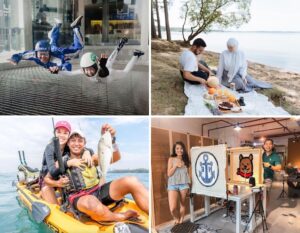



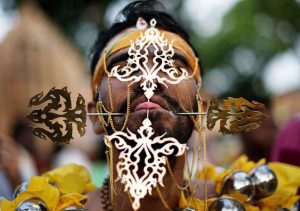
 View All
View All
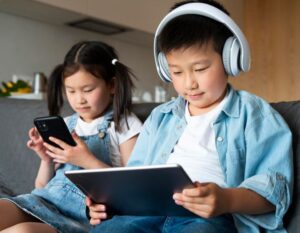

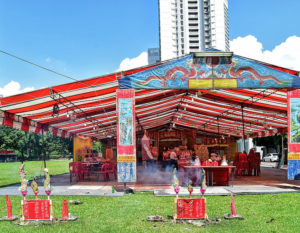
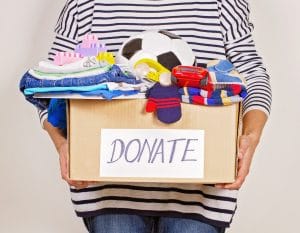
 View All
View All
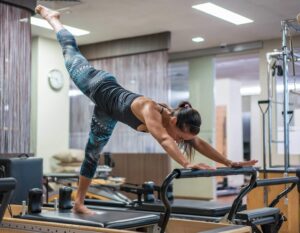
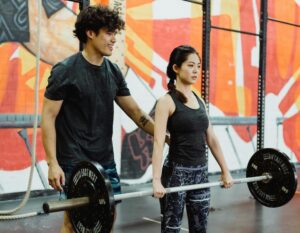


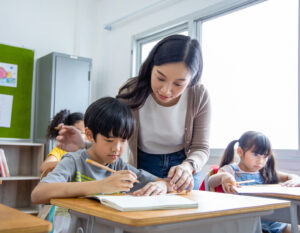

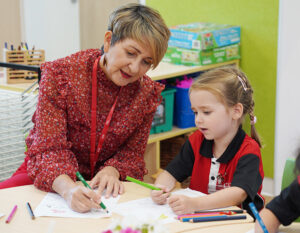



 View All
View All